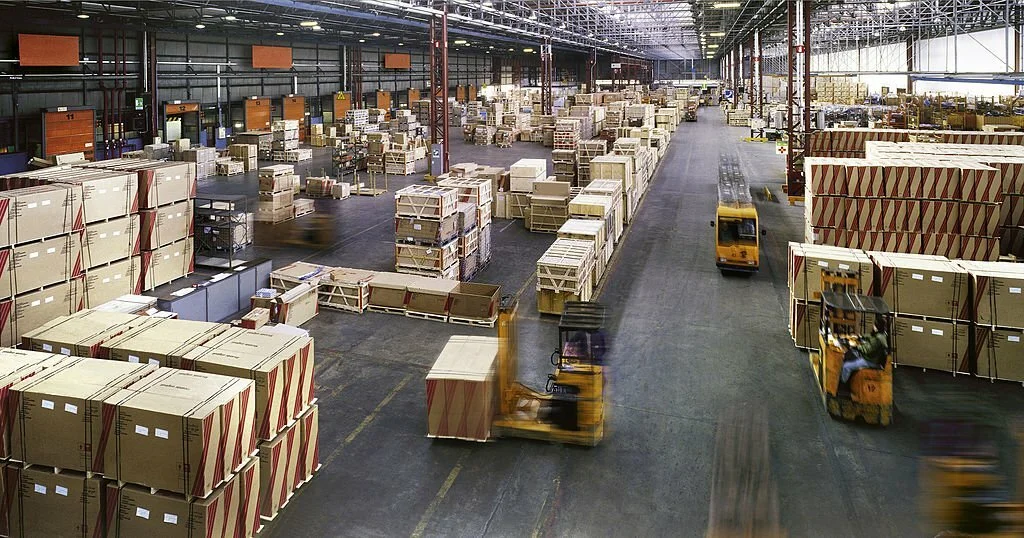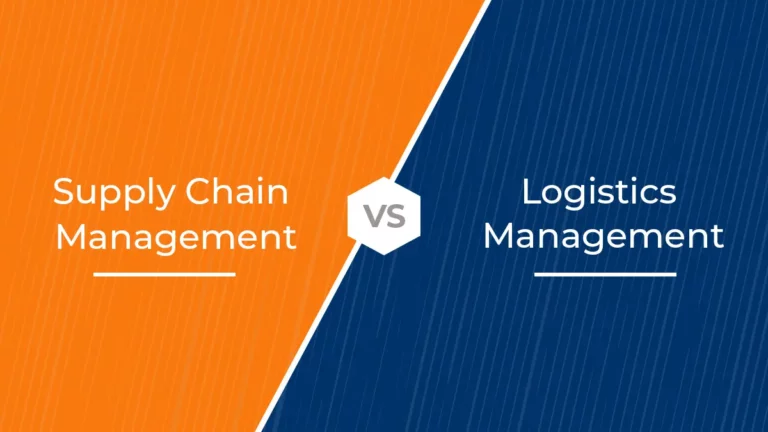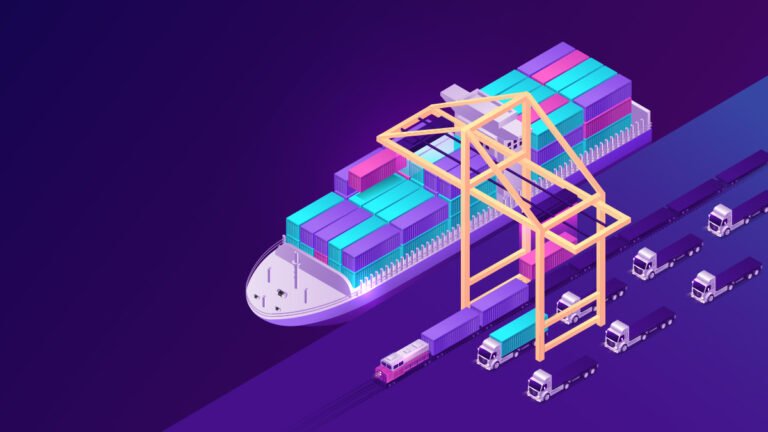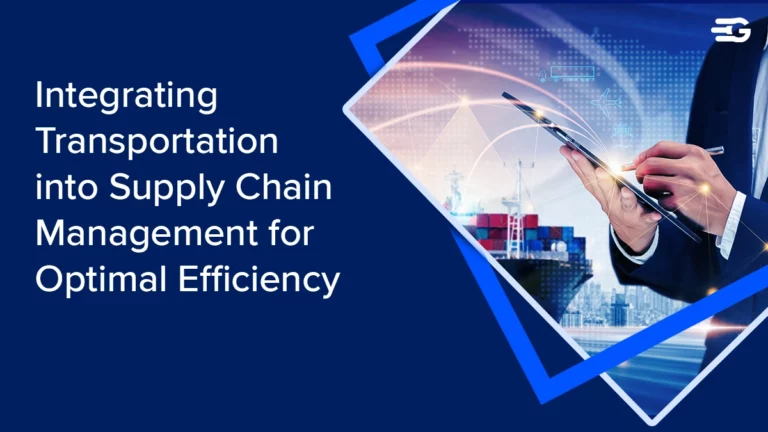What is Ex Works (EXW)
Definition:
Ex Works (EXW) is an international trade term that defines the responsibilities, costs, and risks associated with the delivery of goods from the seller to the buyer. Under EXW terms, the seller’s primary obligation is to make the goods available for pickup at their premises or another named place (such as a factory or warehouse). The buyer is responsible for arranging and paying for all aspects of the shipment, including transportation, insurance, export and import clearance, and any associated costs and risks.
Significance:
Clarity in Trade Transactions: EXW provides a clear and straightforward framework for international trade transactions, explicitly defining the roles and responsibilities of both parties.
Risk Allocation: EXW terms place the majority of the risk and responsibility on the buyer, as the buyer assumes control of the shipment from the seller’s premises.
Cost Control: EXW allows buyers to have greater control over transportation and associated costs, making it suitable for experienced or well-connected buyers who can manage these aspects efficiently.
Importance:
Buyer’s Responsibility: Under EXW terms, the buyer is responsible for all aspects of the shipment, including transportation, export and import clearance, customs duties, and delivery from the seller’s premises to the final destination.
Seller’s Role: The seller’s primary responsibility is to make the goods available for pickup at their premises or another named location. They must ensure that the goods are ready for export and that the buyer can access them.
Flexibility: EXW terms offer flexibility for both parties. Buyers can choose the most cost-effective transport options and manage the logistics themselves, while sellers can focus on producing and preparing the goods.
Key Aspects of EXW:
Seller’s Obligations: The seller is responsible for making the goods available at their premises or another specified location. They must prepare the goods for export and provide any necessary documents, such as invoices and packing lists.
Buyer’s Responsibility: The buyer takes on all responsibilities from the point of delivery. This includes arranging transportation, handling customs clearance, paying for export and import duties and taxes, and ensuring the safe delivery of the goods to their final destination.
Risk Transfer: The risk associated with the goods transfers from the seller to the buyer as soon as the goods are made available for pickup.
Pickup Arrangements: The buyer is responsible for arranging and paying for the transportation of the goods from the seller’s premises. This can include choosing the mode of transport and selecting a carrier.
Cost Allocation: EXW terms allow buyers to control transportation and associated costs, as they make all arrangements themselves. This provides flexibility but also places a greater burden on the buyer.
Documentation: Accurate and timely communication of documents is vital in EXW transactions. The seller must provide necessary documents for customs clearance and export procedures, while the buyer must ensure all import documentation is in order.
Insurance: Insurance is typically the buyer’s responsibility under EXW terms. It is advisable for buyers to obtain insurance to protect their interests in case of loss or damage during transit.
In summary, Ex Works (EXW) is an international trade term that clearly defines the responsibilities, costs, and risks related to the delivery of goods from the seller to the buyer. It is characterized by the seller’s obligation to make the goods available for pickup at their premises, with the buyer assuming responsibility for all aspects of the shipment from that point onward. EXW offers flexibility and cost control for both parties, making it suitable for buyers who can efficiently manage transportation and logistics. Effective communication, accurate documentation, and risk management are key elements of successful EXW transactions, highlighting the importance of understanding roles and responsibilities in global trade.






